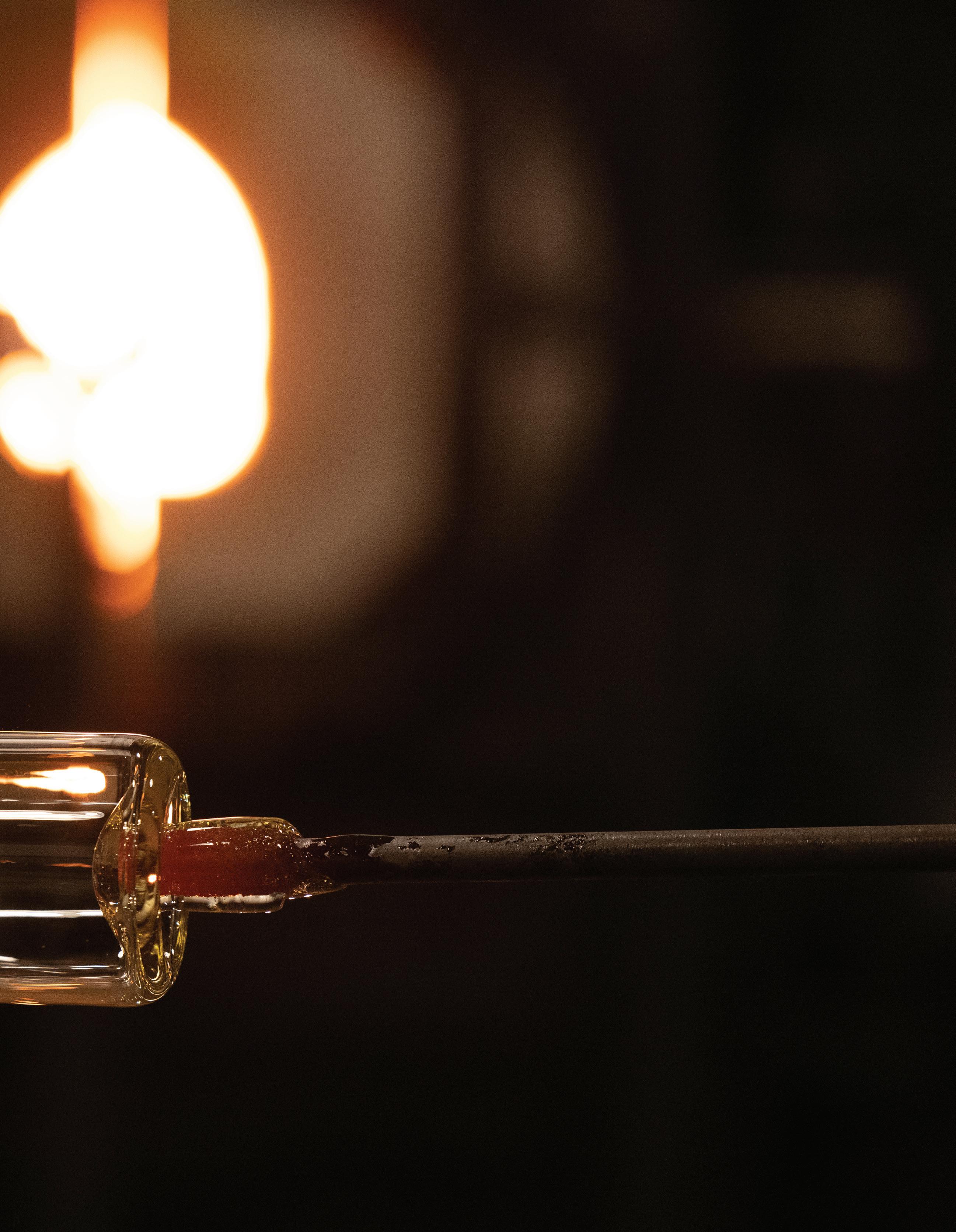
1 minute read
Internship with one of NASCAR’s top teams motivates engineering student
Sophomore Colin Foley from New London spent last summer and part of his winter break interning with Richard Childress Racing, one of NASCAR’s most successful racing teams.
“Every time I walked through the door, I would learn something, no matter what it was,” Foley said. “I gained so much experience so fast. By my second month working there, I felt like I had been there a year just because of how many things you’re constantly absorbing and constantly learning.”
Advertisement
Foley worked at the team’s shop in Welcome, near Winston-Salem. He learned of the internship through a family friend.
“I thought that it was the best opportunity in the entire world,” Foley said. “I never considered working in motorsports. It wasn’t at the top of my head. But when he told me about it, I knew I had to pursue it.”
Foley worked mainly with the racing team’s Xfinity series cars, using machinery and math to measure the chassis.
“You have to measure every single point to make sure that it meets NASCAR specifications, and if it doesn’t, you have to send it back to get it fixed,” Foley said. “It’s a whole process. NASCAR is very tight with their specifications.” How tight?
“We were working on this one car, and we were off by less than half of the thickness of your fingernail in a certain spot, but it’s got to be right,” he said.
Foley saw his work racing on the track each week. “I’d go home and watch the race on Saturday or Sunday, and I would think, ‘Oh, I touched that. I worked on that,’” he said. “That was really cool.”
Foley said he saw firsthand how what he’s learned in his engineering classes — such as communication, file management and 3D modeling — is important with RCR.
“Being able to see that, being able to see the things that you’ve learned be useful in your job, that is the best moment. It’s a good motivator,” Foley said.
“The thing I tell people is you’ve got to knock on those doors or else they’re not going to open,” he said. “But once that one door opens, it’s the key to every other door that you’ve been trying to open.”










